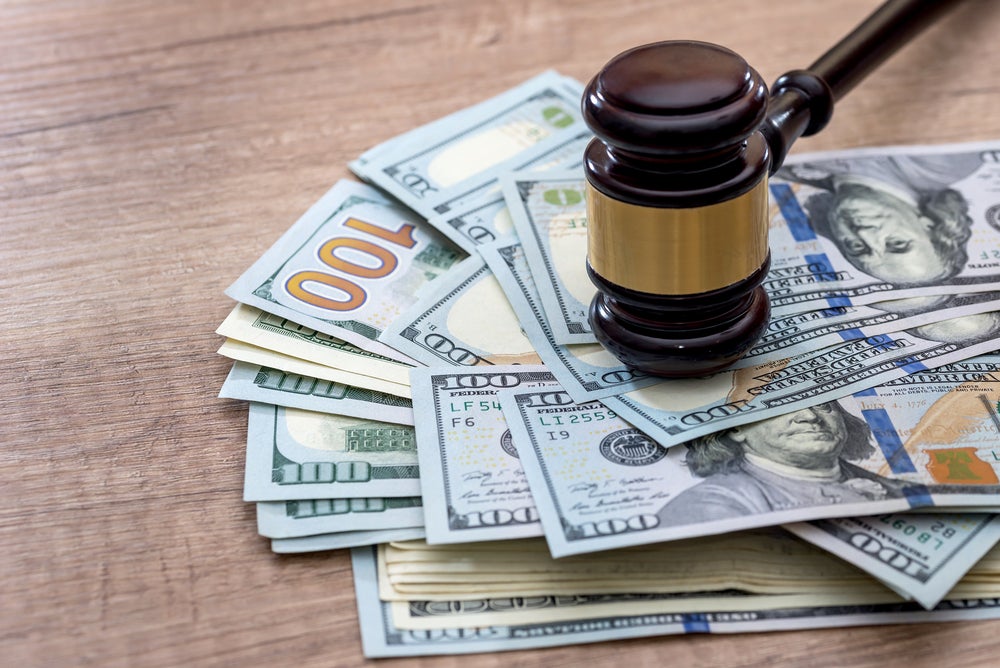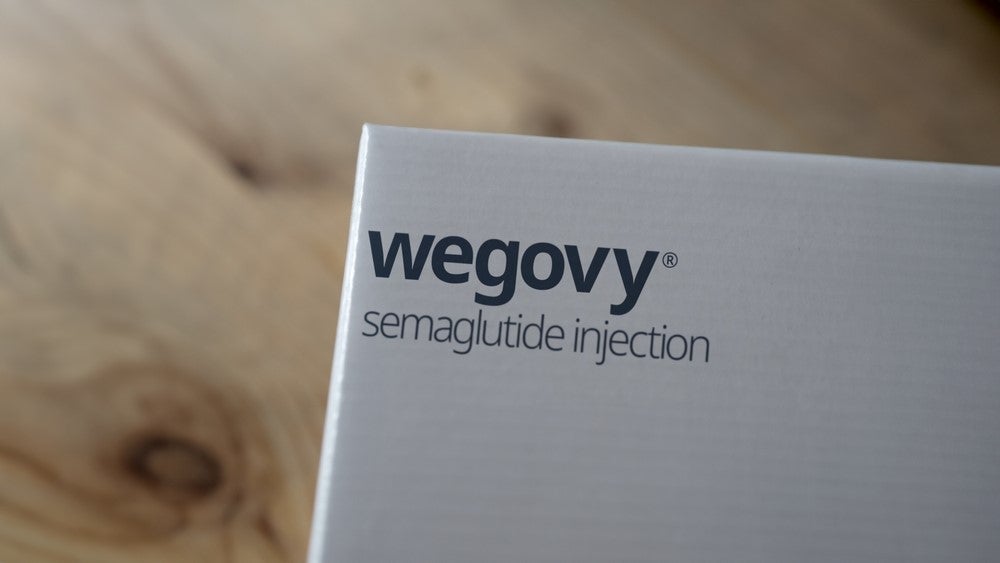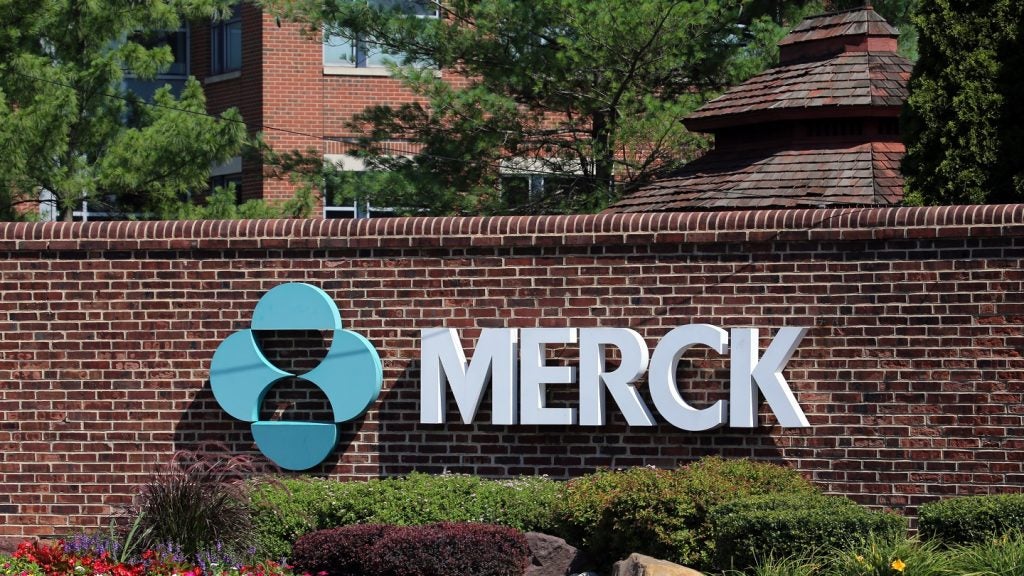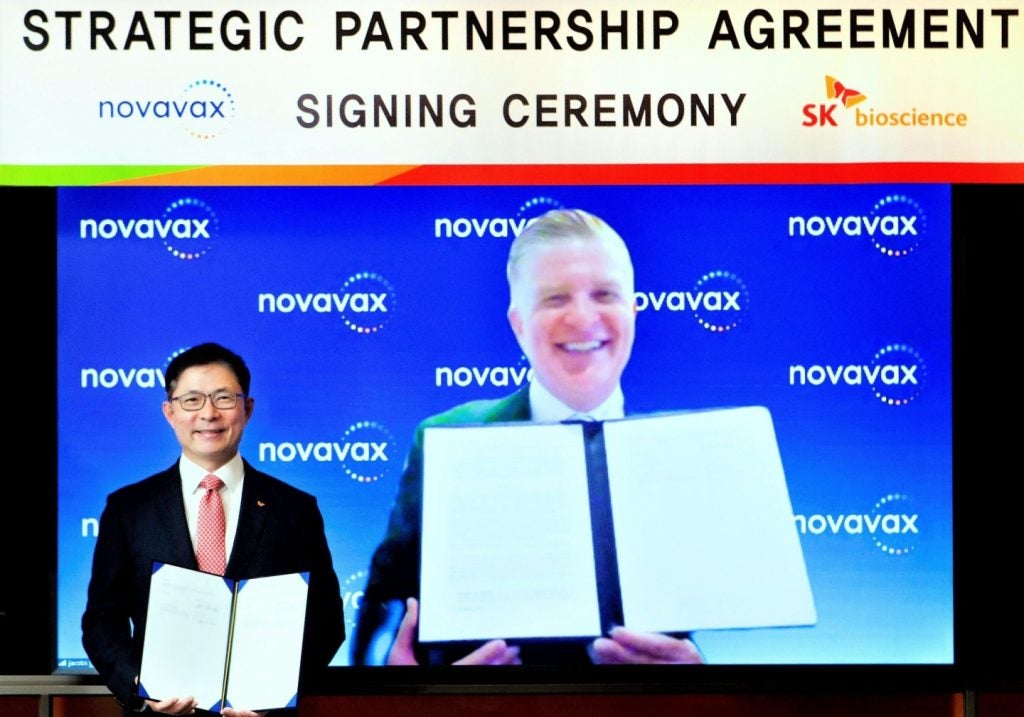Johnson & Johnson (J&J) has reached a settlement with Formycon and Fresenius over their Stelara biosimilar FYB202, setting its US launch date to 15 April 2025.
The companies confirmed that they are on track to submit the biosimilar’s biologics license application (BLA) later this year, based on the 7 August announcement.
This marks the third settlement reached by J&J and pharma companies that are trying to market Stelara’s biosimilars this year so far. In May, J&J settled its patent lawsuit with Amgen, setting the biosimilar’s launch to no later than 1 January 2025. A month later, J&J reached a settlement with the producers Alvotech and Teva Pharmaceuticals, with a US licence entry date for their Stelara biosimilar AVT04 of no later than 21 February 2025.
Also known as ustekinumab, Stelara was first approved by the US Food and Drug Administration (FDA) for the treatment of adult patients with moderate to severe plaque psoriasis in September 2009. The FDA later approved the IL-12/IL-23 inhibitor’s use in moderate to severe Crohn’s disease in November 2016. The monoclonal antibody is also used in active psoriatic arthritis and ulcerative colitis. J&J made $9.72bn in global Stelara sales in 2022, based on its 2022 annual report.
In February, Formycon and Fresenius Kabi announced the conclusion of a global licence agreement that lets the latter handle the commercialisation of FYB202 in key global markets. Formycon received an upfront payment as part of the agreement, alongside further milestone payments in the range of mid-double digit million Euros, per the 2 February announcement.
Apart from FYB202, Formycon has successfully developed a biosimilar of Genentech’s Lucentis, which has already launched in the EU, UK and US. While the EU and UK launches were done by Teva, Coherus BioSciences markets the drug in the US.
This year brought major developments in Fresenius’ biosimilar pipeline. In July, Fresenius launched its citrate-free Humira biosimilar Idacio in the US, joining the ranks of other companies that launched their Humira copycats in a landmark year for biosimilars.
















